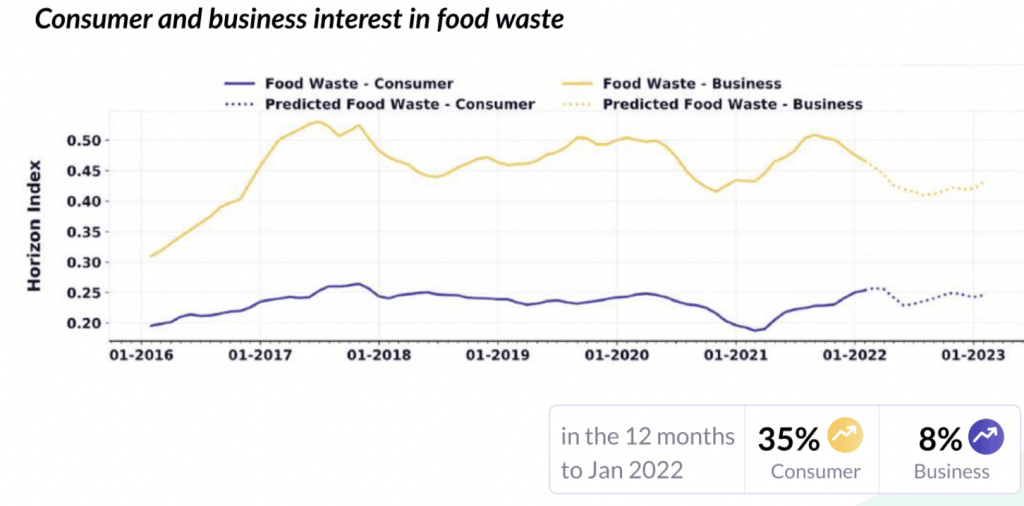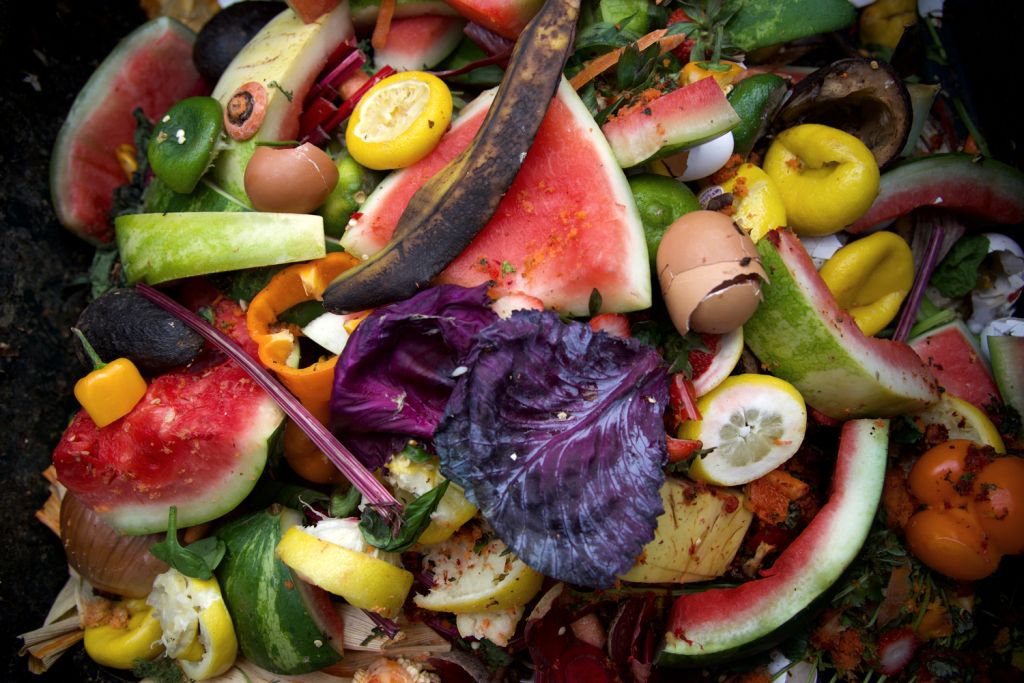With the International Day of Awareness of Food Loss and Waste just around the corner, Labiotech caught up with Spoonshot co-founder and CEO Kishan Vasani to find out how the foodtech sector can tackle food waste.
Spoonshot is a software platform for food and beverage professionals that delivers category intelligence by leveraging data from more than 28,000 sources and applying AI to discover trends and consumer preferences. Combining domain-specialized knowledge through an in-house team of food scientists with an AI-driven platform called FoodBrain, Spoonshot provides insight into the future of the food and beverage industry helping professionals accurately predict trends and uncover innovation opportunities.
Why is food waste a major global concern for food and beverage manufacturers?
Not surprisingly, more and more companies and organizations are seeking new and innovative ways to curb food wastage, and, in the process, reduce their costs and environmental footprints. Food waste also contributes to food insecurity. It’s absolutely incumbent upon them to do what they can to eradicate the waste for all sorts of reasons.
First, eradicating food waste will help end world hunger. Plus, of course there’s the loss of revenue due to the waste that occurs along the supply chain from production, storage, and transportation to consumption and consumer interest in sustainability can no longer be ignored.

Why should they be paying attention?
I believe food tech has a critical role to play in the creation of healthier and more sustainable food systems. According to the 2021 UN Environment Programme’s (UNEP) Food Waste Index Report, nearly 17% of global food production may go wasted. Many food and beverage manufacturers are turning to AI to boost food and drink innovation. We believe this is a game changer.
In fact, we put together a game changer report that highlights companies that are using AI to identify inefficient manufacturing processes that often lead to food waste.
Can you give us an example of a company that’s helping to make an impact?
Seebo, an Israeli startup, applies its AI platform to help companies pinpoint where, along the manufacturing process, they can reduce waste. They gather data related to raw materials, production lines, and quality results, which helps the algorithms identify where along the line efficiencies occur. Once identified, appropriate recommendations are made to solve the issue.
What about consumer demands and expectations with regard to sustainability? How do these factor into a manufacturer’s efforts to reduce waste?
In addition to sustainability in packaging, our research indicates that consumers are beginning to demand that the foods they eat are produced in sustainable ways that reduce waste and improve the health of the planet. In our 2022 Game Changers Report, we identified a few companies that are responding to these demands.
Cajú Love is one example we find particularly interesting. It’s the first company in the U.S. to use the usually discarded cashew fruit as the base for its meat alternative product. As an upcycled ingredient, it requires no extra water or land for cultivation and it helps cut down on food waste, which makes this a very sustainable meat alternative.
We’re also seeing food tech companies use AI to monitor food waste. We identified one start-up in Singapore, Lumitics, that uses proprietary AI-based image recognition technology to track food waste in the food service industry. Their system provides visibility into food waste as feedback loops between customers and food quality. This helps optimize production by curating a menu based on evolving customer preferences, reducing food waste.





